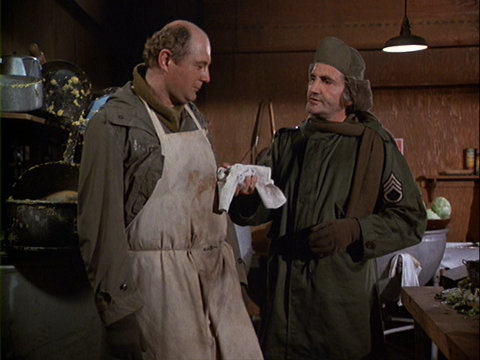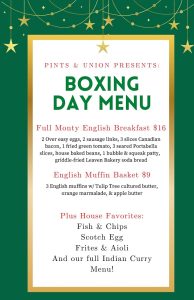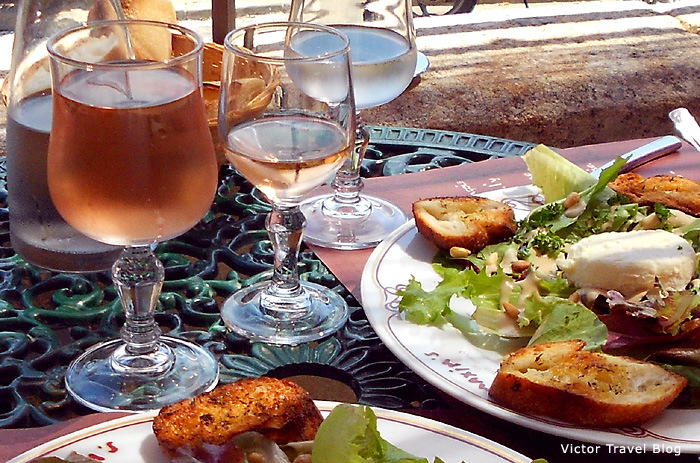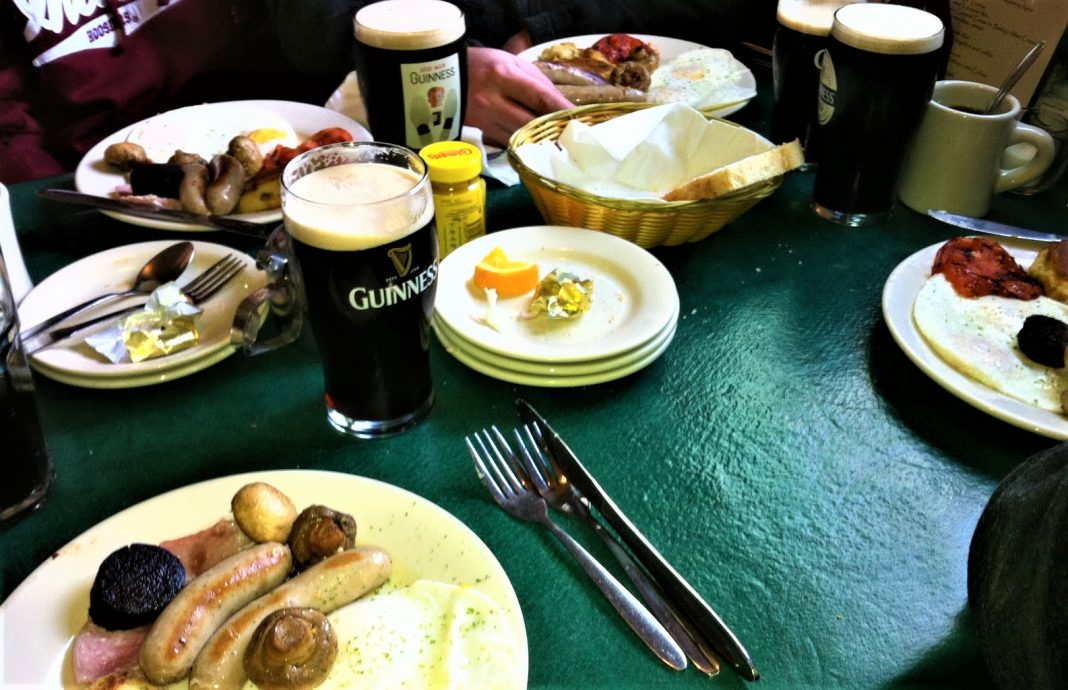
Boxing Day is a Christmas season custom originating in Britain, and persisting in former British colonial dominions, with the earliest known reference coming in 1833. There are two main theories to explain this observance.
One idea is that December 26 was the day centuries ago when lords of the manor and aristocrats typically distributed “Christmas boxes” often filled with small gifts, money and leftovers from Christmas dinner to their household servants and employees, who were required to work on December 25, in recognition of good service throughout the year. These boxes were, in essence, holiday bonuses. Another popular theory is that the Boxing Day moniker arose from the alms boxes that were placed in churches during the Advent season for the collection of monetary donations from parishioners. Clergy members distributed the contents of the boxes to the poor on December 26, which is also the feast of St. Stephen, the first Christian martyr and a figure known for acts of charity. (Ireland celebrates December 26 as St. Stephen’s Day.)
There’s also a Druid’s explanation for the Boxing Day phenomenon.
Boxing Day is, in reality an ancient Pagan festival celebrated right across Europe to honour the Great Mother. The box is a later misinterpretation of the womb, which the original containers can be seen to resemble. Or they would be seen to resemble if we had any, which we don’t, but as soon as one shows up it will of course be blindingly obvious.
In the modern era Boxing Day has become an extra day off for the holiday, and another opportunity to eat, drink, watch sports and take advantage of post-Christmas retail sales.
Boxing Day in the United States seems to be associated in the main with Ireland, perhaps because immigration patterns subsequent to our 18th-century separation from the British royal family overwhelmingly reflected the Irish diaspora.
But, it’s complicated. Recalling that the northern, historically Protestant Irish counties in Ulster remain wedded to the United Kingdom, where December 26 is celebrated as Boxing Day, while as noted earlier, among Catholics in the Republic of Ireland the 26th is known as St. Stephen’s Day (or “Wren Day”) — although, of course, there are Catholics aplenty in Northern Ireland, too — there’s a strong case to be made for an ecumenical American understanding in which we all agree to eat, drink and be merry on the day after Christmas, whatever it’s called.
Consequently here in The ‘Ville, The Irish Rover (2319 Frankfort Avenue) began celebrating Boxing Day more than two decades ago with a traditional Irish breakfast, adult libations and music. Alas, after much consideration, in 2021 the pub decided to forego Boxing Day service once again owing to COVID safety considerations. Let’s hope the hallowed tradition returns in 2022, because there’s nothing quite like the way The Rover does Boxing Day (the pub is closed today and tomorrow, and will reopen on Tuesday 28 December).
Googling “Boxing Day” in Louisville requires improvisational internet skills, as the algorithm insists on directing you to Muhammad Ali and UFC pay-per-views. In the Rover’s absence, Boxing Day appears to be MIA; however it should suffice to say that most restaurants and bars normally operating on Sunday will be accessible today.
As such, Boxing Day can be anywhere, as long as you’re there and they’re open for business.
 As for those establishments offering a specific Boxing Day-themed program in 2021, there’s Pints&union in New Albany (114 E. Market; full disclosure: it’s my place of employment), which is doing the Full Monty today. P&u is open noon – 8:00 p.m., and further details can be found here.
As for those establishments offering a specific Boxing Day-themed program in 2021, there’s Pints&union in New Albany (114 E. Market; full disclosure: it’s my place of employment), which is doing the Full Monty today. P&u is open noon – 8:00 p.m., and further details can be found here.
If others are doing the same, I couldn’t determine it without taking a machete to the social media thicket. Apologies if I missed anyone.





















